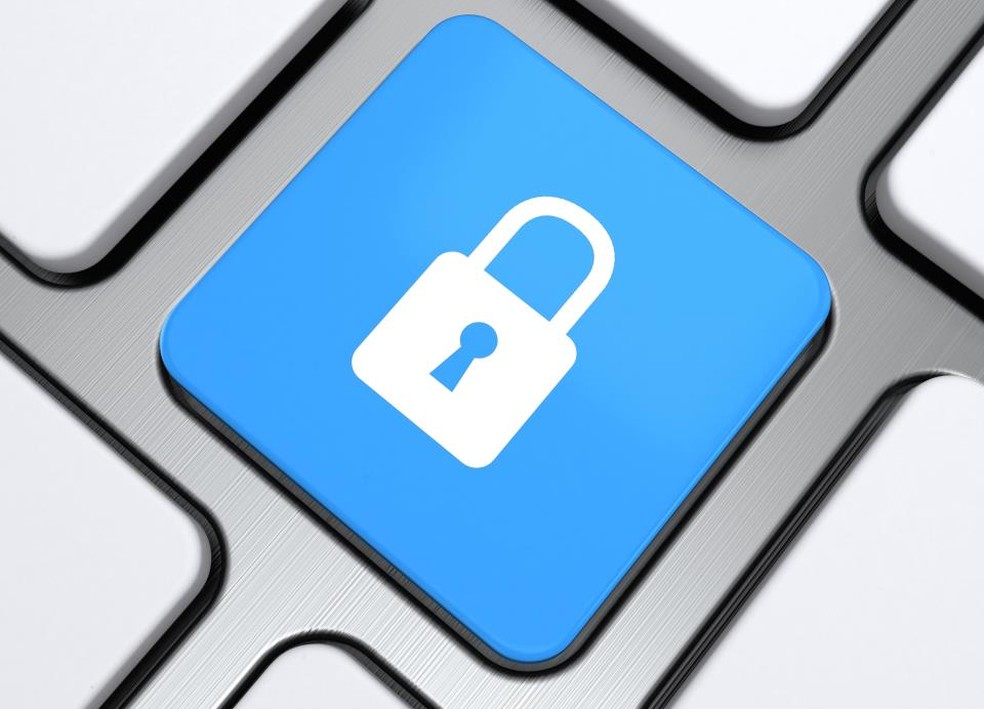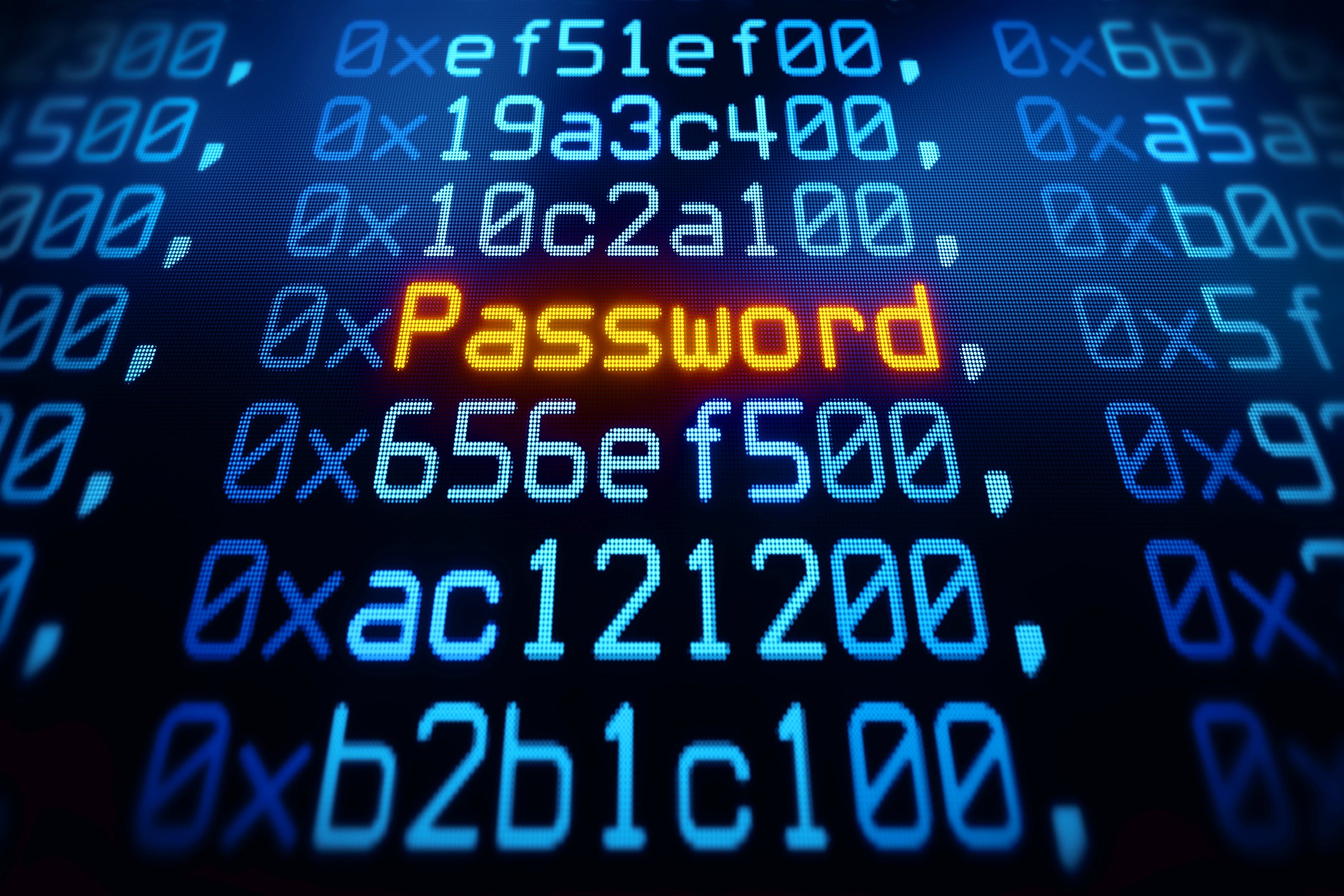
This Tuesday, February 8, is celebrated the Safer Internet Day 2022🇧🇷 The date marks a series of events promoted by the non-governmental organization SaferNet to recall precautions when using the network and also to discuss inclusion and digital citizenship, as well as the objective of promoting the safe use of the internet by all people, including children, who are quite exposed to risks in this global communication network.
According to data from the Ministry of Telecommunications, Information Technologies and Social Communication (MINTTICS) point to a secure Internet with ever-increasing quality in various parts of the country, where up to currently has more than seven million Internet subscribers, a number that tends to grow, due to easier access to electronic equipment, such as telephones and computers.
For Matias Borges, National Director of Telecommunications and Information Technologies of the Ministry of Telecommunications, Information Technologies and Social Communication, speaking to Jornal de Angola about that day, the number of Angolan subscribers is growing due to the increase in digital literacy, due to the various investments public services, construction of Mediatheques, as well as the Internet program in schools, the project running with IT's, as well as others spread across the country and which have benefited daily and essentially needy populations with few financial resources.
"In this set of investments made by the Angolan Government, aimed at mass but responsible use of the Internet, we can also mention the Telecommunications Institute, which for many years has been offering technological courses and specializations, many of them in the form of scholarships and in line with the National Development 2018-2022, where encouraging entrepreneurship has been a practice”, said the Director.
BUT: Angola in the last places in offer of internet services in Africa
Also according to what was revealed by Matias Borges, indicators point to the existence of satisfaction on the part of Internet users in the country, due to the quality that it presents today, being much more robust and extended to the extension of the national territory.
"Access to the NET, the offer of products, services and even jobs on and over the Internet also tend to grow and improve. It is clear that there is still a lot of work to be done and we are doing it, in fact, because the weaknesses have been identified and our work (MINTIICS) is perfectly aligned to overcome these weaknesses”, he stressed.
Finally, Matias Borges said that the Internet in the country is of good quality, pointing out investments in technological infrastructure, such as fiber optic cables and others, which have allowed the use of a fast and secure Internet, stressing that the country has of 3G and 4G systems in the main provinces, which guarantees the flow of information and communication.
As a way for users to have a safe Internet, at a time when the world is increasingly globalized and access is comprehensive, the person in charge highlighted the non-installation of suspicious software as a form of protected browsing, and the user should always find out about them and be careful when clicking on links on social networks on the Internet.
"Don't be too friendly: The Internet is a public place where anyone can become friends with anyone else. Accepting friend requests on Facebook, for example, may seem normal, but you have to remember that unknown people can be intentionally authorized to find out about someone else's life. Thus, private data can be easily tracked, showing your location, job and even phone number.” ended.
The person in charge also drew attention to “free” online gifts, noting that they may, in fact, not be free, ” Regularly on the Internet tempting contests appear with the raffle of various products. It is necessary to be attentive to this type of campaign, as a good part of them require the provision of personal and even bank details”, he recalled.
BUT: 13 thousand users in Angola have access to free broadband Internet
Matias Borges advised care when accessing the Wi-Fi network or public computers, bearing in mind that many commercial establishments offer free Wi-Fi to customers, which can be very risky if you have to access confidential work data or bank sites. “The safest thing is to use a connection from your mobile phone”, he pointed out.

Google expands 2SV to improve online security for users in Dithe Safe Internet
It is in this vein, and based on the global theme of this year's Safer Internet Day, “Together for a better Internet”, Google announced the expansion of its two-step verification process (2SV) for logins to improve account security after its newly introduced two-step verification initiative saw a 50% drop in account breaches for 150 million gmail accounts and 2 million YouTube creators.
According to what was revealed, the company is actively working on new technologies that will provide a secure and seamless login experience and remove reliance on passwords which have become a leading cause of data breaches and phishing attempts.
Currently, Google provides tools such as Security Checkup, which provides users with practical tips on how to increase the security of their Google Account.
BUT: Internet access can accelerate employability in the country
In 2021, the technology company again accelerated its efforts to eliminate password threats by starting to automatic enrollment users in 2SV, providing people with an additional layer of security when cybercriminals try to break into their accounts. Through the initiative, more than 1.5 billion security checks have been completed to date.
To improve online security, Google recommends performing frequent security checks to ensure accounts are prepared for recovery by adding a backup phone number and email. It protects accounts and prevents access by malicious actors.
Additionally, Google recommends using Google Password Manager, which is built directly into Chrome, Android, and the Google App, to create secure passwords for all online accounts, including shopping, banking, and e-learning sites.







